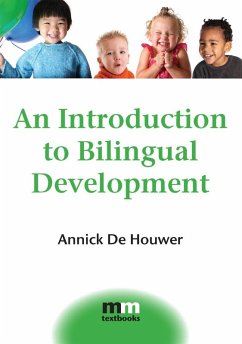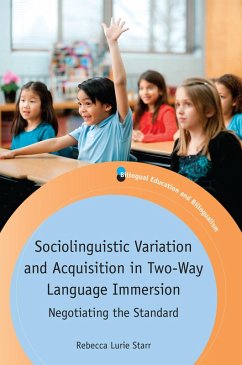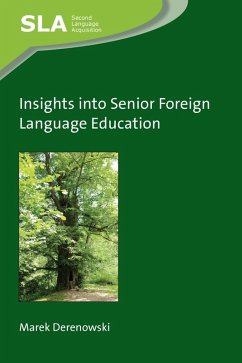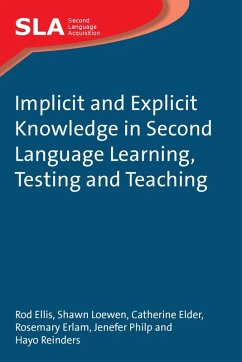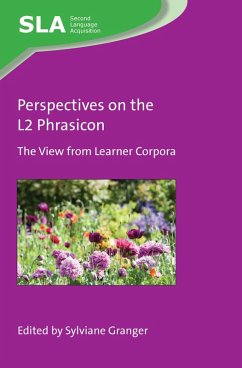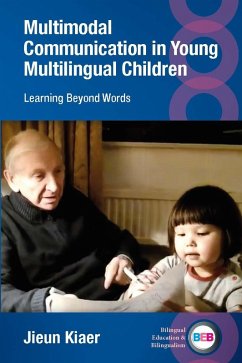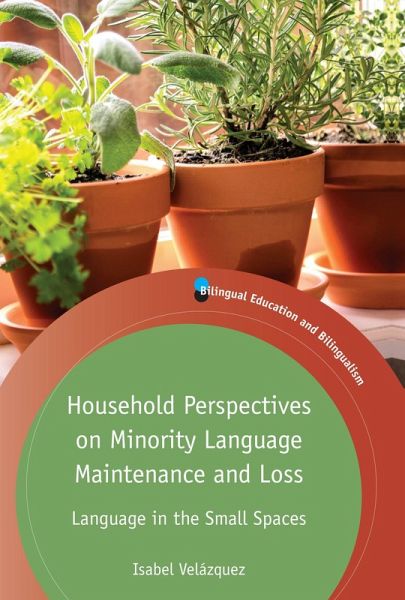
Household Perspectives on Minority Language Maintenance and Loss (eBook, ePUB)
Language in the Small Spaces

PAYBACK Punkte
9 °P sammeln!
This book provides an in-depth examination of minority language maintenance and loss within a group of first-generation Spanish-speaking families in the early-21st century, post-industrial, hyper-globalized US Midwest, an area that has a recent history of Latino settlement and has a low ethnolinguistic vitality for Spanish. It looks specifically at language 'in the small spaces', that is, everyday interactions within households and families, and gives a detailed account of the gendered nature of linguistic transmission in immigrant households, as well as offering insights into the sociolinguis...
This book provides an in-depth examination of minority language maintenance and loss within a group of first-generation Spanish-speaking families in the early-21st century, post-industrial, hyper-globalized US Midwest, an area that has a recent history of Latino settlement and has a low ethnolinguistic vitality for Spanish. It looks specifically at language 'in the small spaces', that is, everyday interactions within households and families, and gives a detailed account of the gendered nature of linguistic transmission in immigrant households, as well as offering insights into the sociolinguistic aspects of language contact dynamics. Starting with the question of why speakers choose to use and transmit their family language in communities with few opportunities to use it, this book presents the reader with a theoretical model of language maintenance in low vitality settings. It incorporates mothers' voices and perspectives on mothering, their families' well-being, and their role in cultural/linguistic transmission and compares the self-perceptions, motivations, attitudes and language acquisition histories of members of two generations within the same household. It will appeal to researchers and educators interested in bilingualism, language maintenance and family language dynamics as well as to those working in the areas of education, immigration and sociology.
Dieser Download kann aus rechtlichen Gründen nur mit Rechnungsadresse in A, D ausgeliefert werden.





